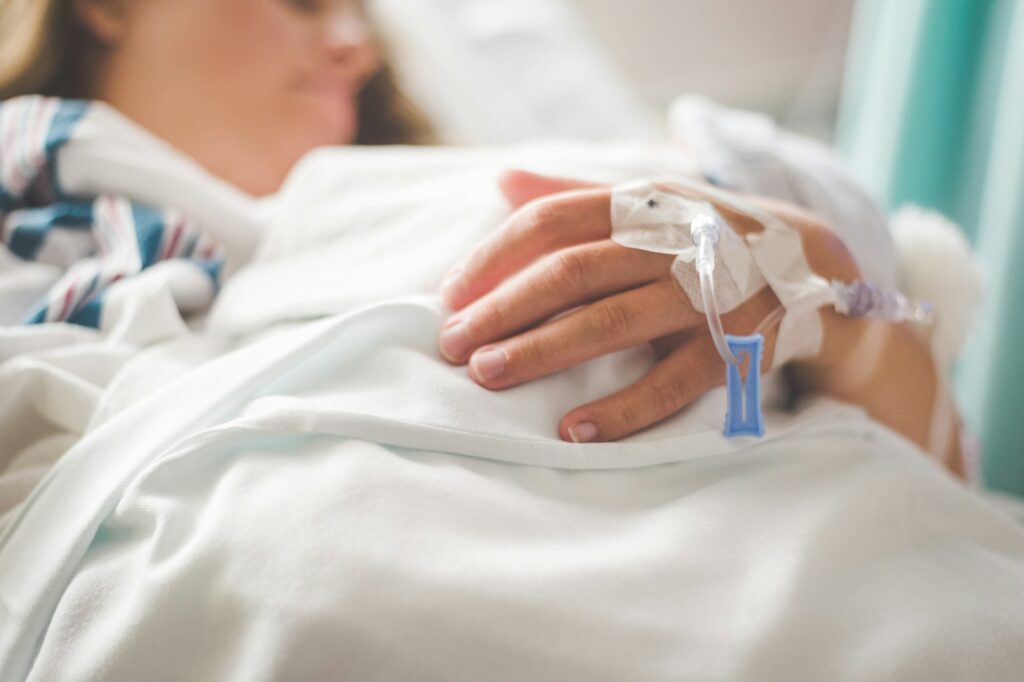Two new studies by University College London (UCL) researchers have outlined that almost half of teenagers are worried about having children and many lack knowledge about their reproductive health.
The studies, which were published in Human Fertility and Health Education Journal, were comprised of survey results from 931 students in England aged 16 to 18, collected between May 2021 and July 2022.
From the results, the Human Fertility Paper, found that 64% of students still wanted to have children in the future, with almost half (49%) desiring to have two, despite claims that schools need to teach better reproductive health education.
However, 45% of participants said they had concerns about future parenthood – expressing their fears about their ability to have healthy offspring and the lives their children may lead. When asked where these concerns had come from, teenagers said that fear, self-doubt, health and wellbeing, financial burdens, hinderance to personal aspirations and non-inclusive LGBTQ+ education all played a part in their anxieties.
For example, some students’ desire to have children was crushed by climate change, with others who identified within the LGBTQ+ community felt that the Relationships and Sex Education (RSE) they received at school lacked inclusivity.
‘The state of the world is in shambles,’ said one female participant. ‘Governments are corrupt. The environment is deteriorating…it would be cruel to put a child through any of our problems, especially since they are not getting better.’
In addition, senior author of the study, Professor Joyce Harper, said: ‘Sadly, a number of female students expressed a lack of interest in future parenthood due to their fears about pregnancy and childbirth.
‘Shortcomings in fertility education in schools also meant that students were left feeling both ill-informed and negative towards their own fertility and ability to have children.’
Although, despite current concerns, the recent development of how sexual health is taught in schools could provide some reassurance. Guidance in England about sex education remained unchanged for almost 20 years until in September 2020 a new Relationships Education curriculum became compulsory for all primary schools.
Against this backdrop, a compulsory RSE curriculum was introduced for secondary schools and included the vital need to teach reproductive health. But, the second paper that was published in the Health Education Journal, found there were still huge gaps in young people’s education. In particular, the study found teenagers are not being taught about health problems such as infertility and endometriosis.
In response to this, one female participant said: ‘All we’ve done in school is go over and over having safe sex and talked about periods which whilst is important is barely scratching the surface of things people need to know about. If miscarriage and infertility were better taught, then that could reduce the guilt and embarrassment people who struggle with it would feel.’
Following this, a male teen added: ‘Make the education a bit more ‘real world’ in the sense that [currently] it can be difficult to apply current knowledge to what is needed in life.’
Images: Manny Becerra and Annie Spratt
LGA warns sexual health services are at breaking point due to rising demand
Health officials are promoting urgent gonorrhoea tests after cases soar

















Leave a Reply